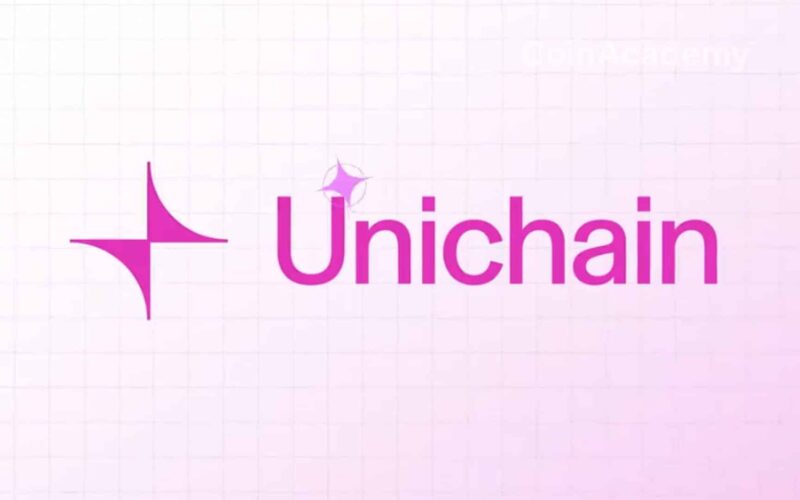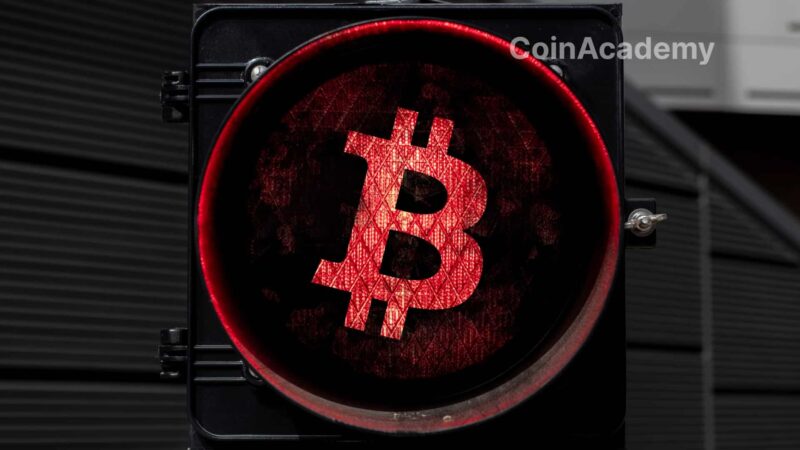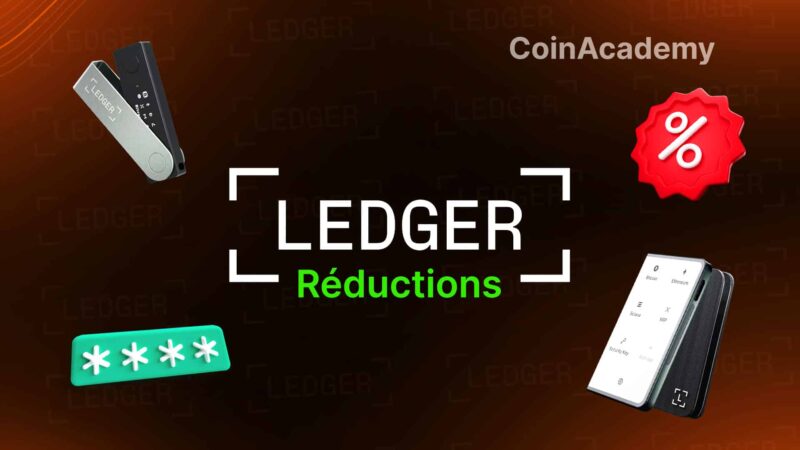Uniswap Labs recently announced the launch of Unichain, a layer 2 blockchain based on Optimism’s OP Stack technology for faster and cheaper transactions.
Unichain aims to improve liquidity and efficiency on Uniswap by integrating with the Superchain network to propose blocks in just 200 to 250 milliseconds.
The project introduces innovations such as a Trusted Execution Environment (TEE) and plans for a decentralized validation network to strengthen transaction security and speed.
Unichain: a natural extension of Uniswap’s ecosystem
Uniswap, a leading decentralized exchange (DEX), has unveiled its new layer 2 blockchain project, Unichain.
This initiative aims to offer faster and more cost-effective transactions while improving liquidity on the platform. The project is built on Optimism’s OP Stack technology, a framework already used by Coinbase and other major industry players for their own layer 2 networks.
Why Unichain now? A response to layer 2 fragmentation
In recent years, layer 2 solutions have multiplied, but this proliferation has also sparked debates about fragmentation and user fatigue due to too many options. Hayden Adams, CEO of Uniswap Labs, explains that this fragmentation is a result of a mismatch between infrastructure and real use cases.
With Unichain, the ambition is to position this network not only as a liquidity hub on Ethereum but as a DeFi powerhouse capable of connecting to multiple chains, while benefiting from Optimism’s ecosystem.
Key technological innovations for Unichain
The Uniswap Labs team, in collaboration with Flashbots, a research and development team focused on Ethereum, plans to integrate innovative technological features into Unichain. Among them is the implementation of a Trusted Execution Environment (TEE), ensuring that transactions and code are not manipulated. The TEE allows for increased transparency in transaction scheduling, building blocks in just 200 to 250 milliseconds, compared to around 12 seconds on the main Ethereum network and 2 seconds on most layer 2 solutions.
This drastic reduction in block creation time will have significant impacts, particularly on reducing maximal extractable value (MEV), a phenomenon where automated bots front-run pending transactions in the blockchain queue. By accelerating blocks, Unichain decreases opportunities for these bots to profit from unfinished transactions.
Community validation and decentralization
Another central aspect of the project is the planned community validation network for 2025. This network aims to strengthen the system’s decentralization by allowing full nodes to participate in block validation by staking UNI tokens. This approach limits the risks of malicious sequencers proposing conflicting or invalid blocks, thereby avoiding delays in transaction finality and protecting users from financial risks associated with interacting with unfinished blocks.
Unichain, a new era for Uniswap and DeFi
By launching Unichain, Uniswap Labs continues to innovate in the blockchain scaling solutions space. With reduced costs and transaction times, improved security, and a decentralized validation network, Unichain could redefine user experience in DeFi. By integrating with the Superchain network, Unichain also positions Uniswap strategically to remain a key player in the crypto ecosystem.




